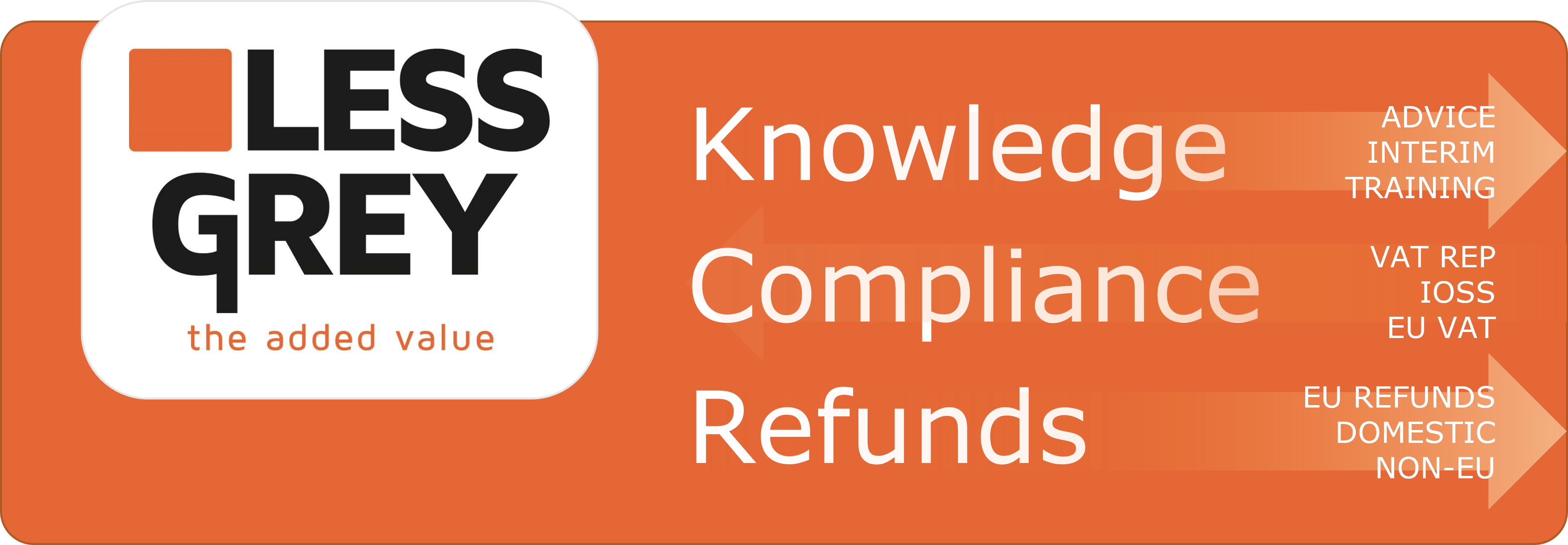The dispute revolves around whether the taxpayer, either individually or together with his spouse, should be considered as an entrepreneur for value-added tax (VAT) purposes. The taxpayer argues that he and his spouse operate a business involving the repair, sale, and transportation of a stock of cars, with the taxpayer handling invoicing. The cars, previously used for rental purposes in the film industry, are owned by and registered under the spouse’s name. The tax authority does not dispute that the taxpayer performed the described repair, sale, transportation, and invoicing activities. However, they contend that the taxpayer and his spouse do not present themselves as an independent partnership. According to the tax authority, these activities are carried out in the context of liquidating the spouse’s business.
The court explains that, according to VAT law, an entrepreneur is someone who independently operates a business and does not perform services without charge. As the taxpayer does not charge a fee for his services and has no intention to do so, he cannot be considered an entrepreneur based solely on his own activities.
However, the court acknowledges the possibility that the taxpayer and his spouse may operate as a partnership, which would be considered an entrepreneur for VAT purposes. To determine if such a partnership exists, the court looks at the legal relationships, both internally and with third parties. If individuals engage in sustainable collaboration, jointly operating a business with factual independence, they are considered a partnership. This is indicated by the use of a common name for economic activities and agreements to work together. However, the court finds that the taxpayer’s argument that he and his spouse should be considered a general partnership cannot be accepted, as he explicitly abandoned this position during the proceedings. Furthermore, there is no evidence of an agreement to pool resources and share resulting profits.
The court concludes that the existence of a partnership with factual independence has not been substantiated. While the taxpayer contributed to the liquidation of his spouse’s business, and both spouses made contributions to the operation of a business, there is no evidence of an agreement to act jointly as one entrepreneur and no supporting documentation. Invoices submitted by the taxpayer are either in his own name or from previous years, rendering them insufficient evidence of a partnership. The fact that the taxpayer’s spouse’s sole proprietorship bears a specific name, and the taxpayer himself uses a different name, is not sufficient to conclude the existence of a partnership.
The court also rejects the taxpayer’s claim that he forms a VAT group with his spouse under VAT law since he is not considered an entrepreneur based on his activities alone.
Finally, the court dismisses the taxpayer’s argument that he should be considered an entrepreneur because the tax authority issued him a VAT number and accepted his VAT returns. The determination of entrepreneurship is based on the criteria established in VAT law. Without additional circumstances, the taxpayer cannot reasonably derive a legally protected expectation from these actions of the tax authority.
In conclusion, the appeal is dismissed as unfounded.
Source: uitspraken.rechtspraak.nl















